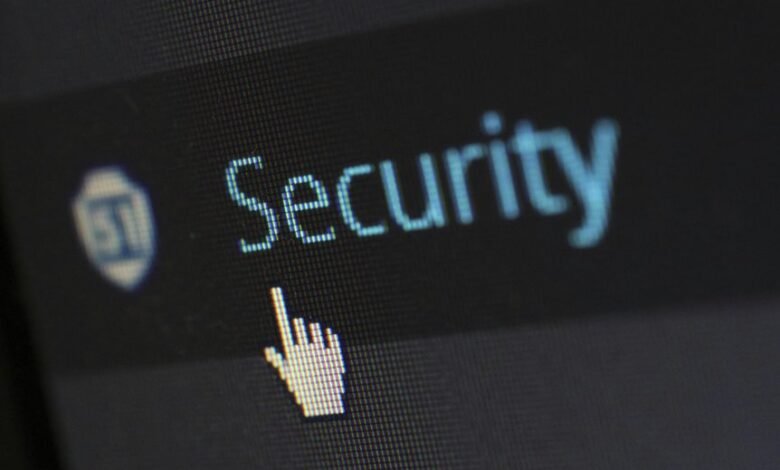Caller Protection & Hotline Security Network 3385212556 3511298283 3511642198 3923849985 3886981788 3899364878

Caller protection and hotline security are critical components for safeguarding sensitive communications within specific networks, such as 3385212556, 3511298283, and others. The implementation of stringent security measures ensures identity verification and confidentiality. This not only fosters caller anonymity but also mitigates the risk of fraud. Understanding these systems and their effectiveness can lead to more informed decisions. However, the complexities of these networks warrant further exploration into their operational frameworks.
Understanding Caller Protection Services
While the necessity for Caller Protection Services has become increasingly evident in today’s digital landscape, understanding their mechanisms is crucial for effective implementation.
These services utilize caller verification techniques to authenticate identities, ensuring secure communication.
The Role of Hotline Security in Fraud Prevention
As organizations increasingly rely on hotlines for confidential communication, the security of these channels plays a pivotal role in fraud prevention.
Implementing robust security protocols is essential for effective fraud detection, ensuring that sensitive information remains protected from unauthorized access.
Analyzing Key Numbers in Caller Protection
The effectiveness of hotline security measures can be quantitatively assessed through key metrics that reflect caller protection.
Critical parameters include caller identification accuracy and the robustness of security protocols. By examining these figures, organizations can gauge the reliability of their systems, ensuring that callers are safeguarded against potential threats while maintaining the necessary confidentiality and freedom inherent in effective communication channels.
Benefits of Implementing Hotline Security Measures
Implementing hotline security measures offers organizations critical advantages that extend beyond mere compliance.
Enhanced hotline encryption protects sensitive information, ensuring data integrity during transmission. By prioritizing caller anonymity, organizations foster a safe environment for individuals to report concerns without fear of reprisal.
These measures not only safeguard personal privacy but also encourage greater participation, ultimately strengthening organizational transparency and accountability in decision-making processes.
Conclusion
In conclusion, the intersection of caller protection and hotline security is crucial for safeguarding sensitive communications across networks such as 3385212556 and 3511298283. Coincidentally, as organizations enhance their security protocols, they not only protect caller anonymity but also foster an environment of trust that encourages open dialogue. This dual benefit—enhancing data integrity while minimizing fraud risk—illustrates the vital role that robust security measures play in effective decision-making, ultimately reinforcing stakeholder confidence in the system.





